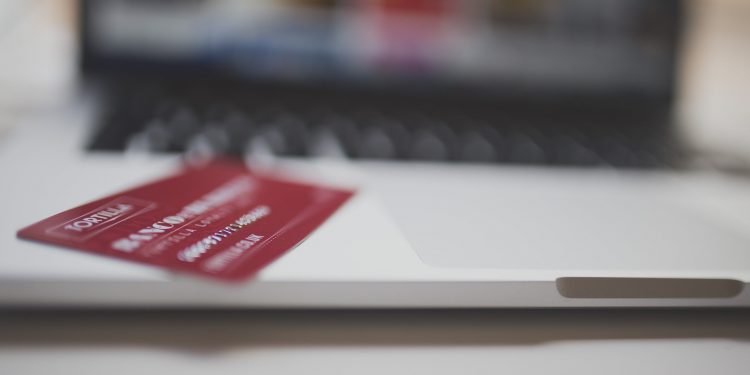Pennsylvania’s Treasury Department announced recent changes to recipients of their Unemployment Compensation benefits or Workers’ Insurance Fund that currently receive benefits through prepaid debit cards. Joe Zlomek, managing editor of The Sanatoga Post, provides full details on the changes to the state program:
“Money Network prepaid debit cards, issued by My Banking Direct, will replace U.S. Bank ReliaCards currently in use, the department said. For those who receive benefit payments on prepaid debit cards, the new ones are expected to be mailed beginning March 6.
The number of people affected by the change will vary depending on claims, but the state anticipates about 47,000 claimants receive Money Network prepaid debit cards by the end of March. Nearly all of those will be unemployment compensation recipients.”
What This Means
This change highlights two key aspects of the use of general purpose reloadable (GPR) prepaid cards for use in government programs like unemployment claims. The first is the increasingly popular option to include prepaid cards for government benefits. As I covered in my recent report, 2023 Prepaid Card Data Book: 11 Essential Metrics, government programs, inclusive of both open and closed-loop products, are rising at a 3 % growth rate through 2026 following the anticipated decline driven by the temporary spike in unemployment in 2020.
Government-driven mechanisms such as unemployment benefit cards also represent the third-largest segment of all open-loop cards following cash access cards and payroll cards. These cards represent a great advantage for recipients, who many times are unbanked or underbanked. The access to prepaid debit cards provides recipients easier access to both physical and e-commerce opportunities without the expense of cash checking facilities or the need to purchase additional prepaid cards, often with additional fees.
The other aspect that this change brings up is potential for lost value. As the article points out, balances will not be transferred from one program to the other:
“Any balances remaining on U.S. Bank ReliaCards will not transfer to the new Money Network prepaid debit cards, the Treasury noted. Those with remaining funds on U.S. Bank ReliaCards® should continue to use the card until it reaches a zero balance. Remaining funds can also be transferred to a personal savings or checking account.”
This aspect brings up important and sometimes overlooked aspects of the utilization of GPR prepaid cards. When cards are frequently reloaded, as is the case with unemployment benefits, it is unlikely that the balance of the card reaches no value before addition funds are loaded. In this case, recipients of the benefits must be sure to check the balance of their card and take steps to spend the funds on the former program. As I’ll write about in an upcoming report on unused prepaid funds, the escheatment process and process to seek unclaimed property, such as an unused and registered prepaid card, varies by state. In the case of Pennsylvania, unclaimed balances would sit dormant for three years before being assigned as unclaimed property. Those receiving benefits must be aware of how to utilize their funds and check frequently in the future if any unused funds are eligible to be returned to them from the state.









